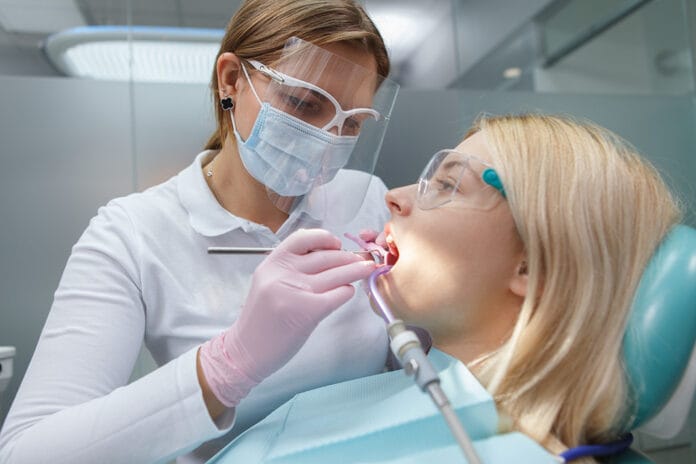Dental hygienists continue to pursue the latest advances in technology and education, but it can become overwhelming. The influx of new systems and studies inundates dental conferences, emails, podcasts, and social media, sometimes leaving us feeling inadequate or like we are not doing enough.
Hygienists are a special breed – we like to be perfect, detail-oriented, and well-educated. This means it can be hard to incorporate all the advice and recommendations we’re given by presentations, doctors, researchers, and educators.
After all, we still only have one hour. Some hygienists are given even less time.
One way presenters get our attention is to tell us the dire importance of doing X, Y, or Z:
- “It is more important to perform cancer screenings than remove all the calculus.”
- “If a patient just needs someone to talk to, sometimes that should be prioritized over their hygiene treatment.”
- “A good discussion about medical history is the most important part of the dental visit.”
- “Perio charting should be done at every visit.”
- “Blood pressure, sleep disorder screenings, and systemic health discussions should be happening in the dental hygiene appointment.”
- “Dental hygienists should screen and refer for mental health.”
Dental hygienists do not disagree with any of these statements!
But don’t forget, we’re still working with late patients, talkative patients, or a late and talkative doctor, trying to complete our hygiene treatment (medical history, BP, radiographs, perio chart, prophylaxis, OHI, scheduling next appointment, etc.) while sticking to an overbooked schedule.
The Backbone of Preventive Visits
We would love to do all of these things. This is the backbone of the preventive visit. It is oral and systemic health that we want to improve. We want to prevent, not treat, disease. We want to be prevention specialists and use our wealth of knowledge not only to improve the lives and health of each individual patient but also of our communities.
So why do we go into conferences and have different professionals tell us what we’re doing wrong or why we aren’t doing enough? I certainly don’t like feeling like a failure when I’m trying to learn about the newest research. It is a motivational strategy to point out how hygienists can improve. However, it can lead to frustration and defensiveness.
Dental Hygienists Do Enough
Knowing and implementing are two very different things. Knowing what a patient needs and could benefit from is one thing, but actually having the time and ability to implement those things is another story.
This is why I want to emphasize that you are doing enough!
Dental hygienists are some of the most motivated professionals in health care. Not only are we required to have so many continuing education courses for relicensure, but we also go above and beyond to provide the best care for our patients. Hygienists continuously seek out more education than necessary. We form study clubs. We volunteer at community events. We attend dental conferences even if it comes out of our own pocket.
I’m not advocating for lax or non-individualized care. Not at all. I am simply stating that we cannot be perfect every day with every patient (as much as we would like to be). I am acknowledging that we can know and learn all the information from speakers and professionals and not be able to implement it for every patient all the time.
There are time deadlines, production goals, hierarchy challenges, human error, and patient motivation, compliance, or acceptance challenges we have to work around. This environment doesn’t always facilitate an easy path to incorporating new information or technology into a timeframe we already struggle with.
We need to be celebrating what we are able to do! If a patient presents with less bleeding than six months ago because you spent an extra 10 minutes on OHI, that’s a victory. If a patient is less likely to develop undiagnosed conditions due to an oral cancer screening, celebrate! If a child was referred to a sleep specialist because of the sleep questionnaire you remembered to have the parent fill out, pat yourself on the back!
In celebrating these everyday victories while continually striving to perform exceptional care for each patient, hygienists should feel proud of themselves and their profession. Instead of focusing on everything we can’t do, let’s focus on how much we can do for our patients.
Because our knowledge combined with our strong will to improve our patients’ lives one mouth at a time means we are doing enough!
Before you leave, check out the Today’s RDH self-study CE courses. All courses are peer-reviewed and non-sponsored to focus solely on high-quality education. Click here now.











